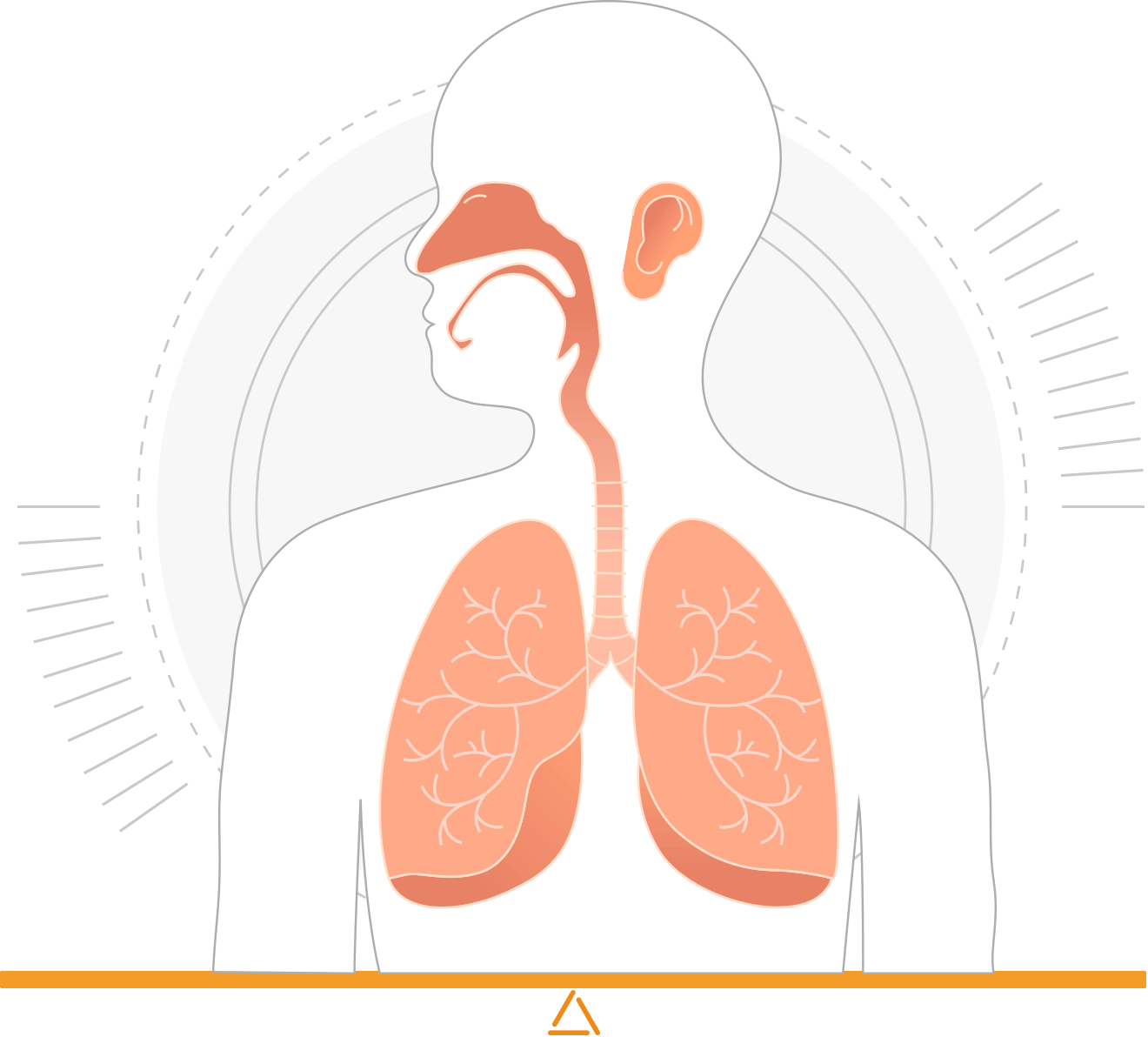








The lung microbiome is now emerging as a potential contributor to chronic lung diseases, and even lung cancer. To gain a deeper understanding of the lung microbiome and their associated with health and respiratory diseases, the establishment of a comprehensive lung microbes database is not only highly necessary but also of utmost urgency. Thus, Prof. Weimin Li initiated the HLMA (Human Lung Microbiome Atlas) project in early 2022. The project aims to comprehensively study the human lung microbiome, providing valuable insights into its composition, diversity, and potential associations with lung health and respiratory diseases.
In the first phase, our primary aim is to reuse all public metagenomic datasets according to consistent annotation for microbes. Our team has undertaken the systematic collection and manual examination of human-related respiratory tract metagenomic datasets from public databases, including the NGDC (National Genomics Data Center), NCBI BioProject, and EBI ENA (European Nucleotide Archive), along with the meta-data of corresponding human hosts. To help users find microbes of interest and visualize and compare their distributions and abundances/prevalence within different body sites (e.g., nasal cavity, oral cavity and lung) and various respiratory diseases (e.g., lung cancer, asthma, and pneumonia), we have implemented a popular website framework to create a user-friendly and interactive portal.
The HLMA database is a carefully curated collection of lung microbes found throughout the entire respiratory tract, along with their correlations with health and various respiratory diseases. We aim for it to serve as a valuable resource for researchers and clinicians investigating the balance of the lung microbiota and its association with disease.